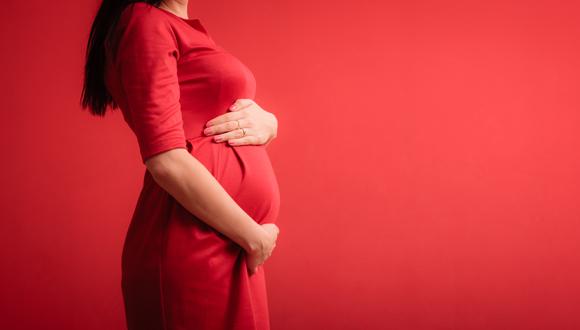TAU research finds higher risks in single interrupted pregnancies
Researchers say only one incident of abortion or miscarriage can have repercussions for subsequent pregnancies
It has been well established that women who have had several abortions or miscarriages are likely to face a slightly higher risk of complications in subsequent pregnancies. They may experience vaginal bleeding during early pregnancy, preterm birth, low fetal birth weight, and placenta-related complications. Women with a medical history of several interrupted pregnancies are usually advised to take extra precautions to ensure healthy full-term pregnancies later in life.
New Tel Aviv University research published in the Journal of Maternal-Fetal and Neonatal Medicine finds that a single incidence of abortion or miscarriage alone has the potential to impact subsequent pregnancies in a woman's life. The study suggests that women who have experienced a single pregnancy loss are about 30 percent more likely to suffer complications in subsequent pregnancies than women who have never miscarried or had a single abortion.
According to the research, women who have experienced a single first-trimester interruption at one point in their medical history run a higher risk of requiring labor inductions and caesarean sections and of experiencing retained placentas. The study was led by Dr. Liran Hiersch and Prof. Yariv Yogev of TAU's Sackler Faculty of Medicine and the Helen Schneider Hospital for Women at Rabin Medical Center, Petah Tikva, Israel.
Earlier studies flawed, researchers say
In their retrospective analysis of 15,000 deliveries at Rabin Medical Center over the last five years, the researchers compared the pregnancy outcomes of nulliparous women (who experienced a single previous first-trimester interruption) with those of primigravidas (women in their first pregnancies who had neither prior deliveries nor abortions).
According to the researchers, previous studies exploring the effect of a single pregnancy loss on subsequent pregnancy outcome were based on incorrect assumptions. They compared outcomes between women who never gave birth before and those whose first pregnancy ended in a normal delivery, for example.
"A history of normal pregnancy is considered protective from adverse outcomes, so this group already had an advantage over those who had pregnancy loss in their past," said Dr. Hiersch, who assessed only those women who delivered their first infants and compared them with those who had only one or no pregnancy loss in their past. "This, I believe, was the main advantage of the methodology of our study in comparison to previous reports.
"It is important to emphasize that a single pregnancy loss is a very common event during a woman's reproductive years. In most cases it has no effect on future fertility or pregnancy outcome," Dr. Hiersch continued. "In addition, although we found that a single early pregnancy loss was associated with an increased risk for subsequent adverse pregnancy outcome, the effect was mild. Our findings should be taken into account together with other parameters when assessing the risk for adverse outcome."
"We hope this study will be incorporated in the usual risk assessments," said Dr. Hiersch. "Doctors should know there is another element to factor in when assisting a woman before labor." The researchers are currently planning to conduct a major prospective study on the subject.
This article was originally published by AFTAU.






